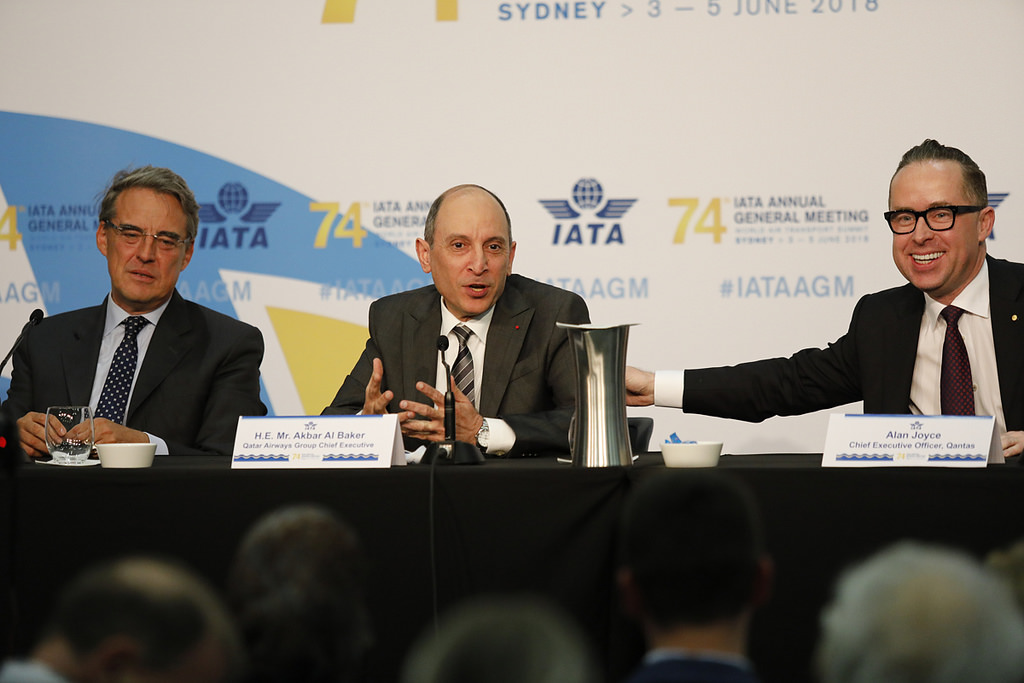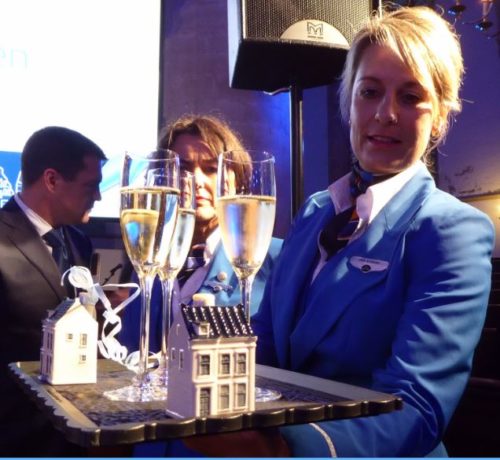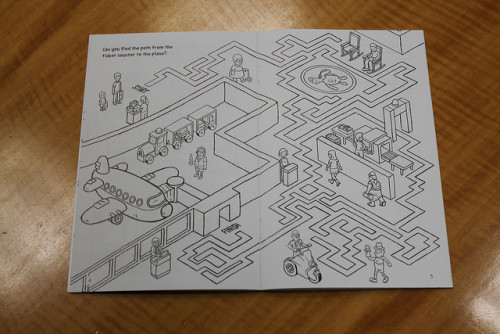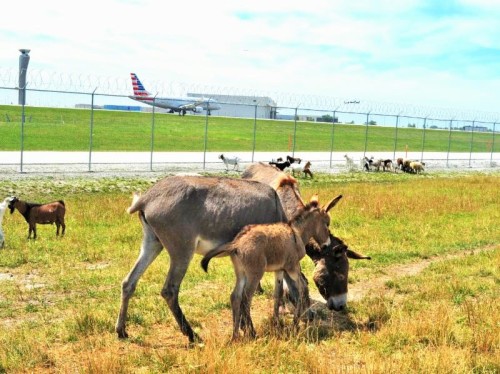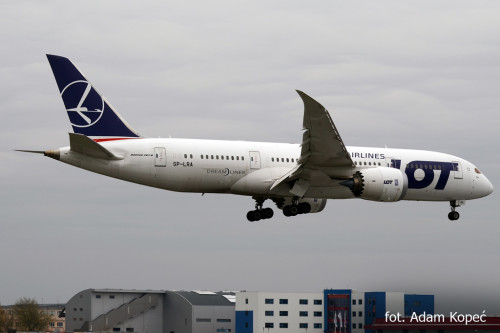
The Vivid Sydney festival – which lights up iconic buildings and structures around the city – was a great backdrop for this week’s meeting of the world’s airline executives at the World Air Transport Summit (WATS) and the annual general meeting of IATA – the International Air Transport Association.
All sorts of briefings, reports, discussions, debates and newsy announcements take place at this event each year and will generate stories that will spool out over the course of the next few weeks.
In the meantime, here are just some of the highlights from the past few days:
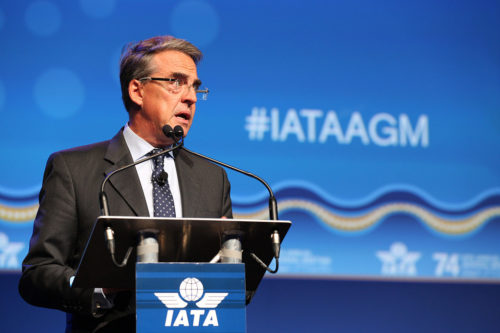
Courtesy IATA
In his annual report, Alexandre de Juniac, IATA’s Director General and CEO, said that airlines are expected to achieve a collective net profit of $33.8 billion. That’s an average profit per passenger of $7.76 for the airlines, he explained, “A thin 4.1% net margin” in 2018.
Read his full report that also touched on safety, security, environmental issues and other topics here.
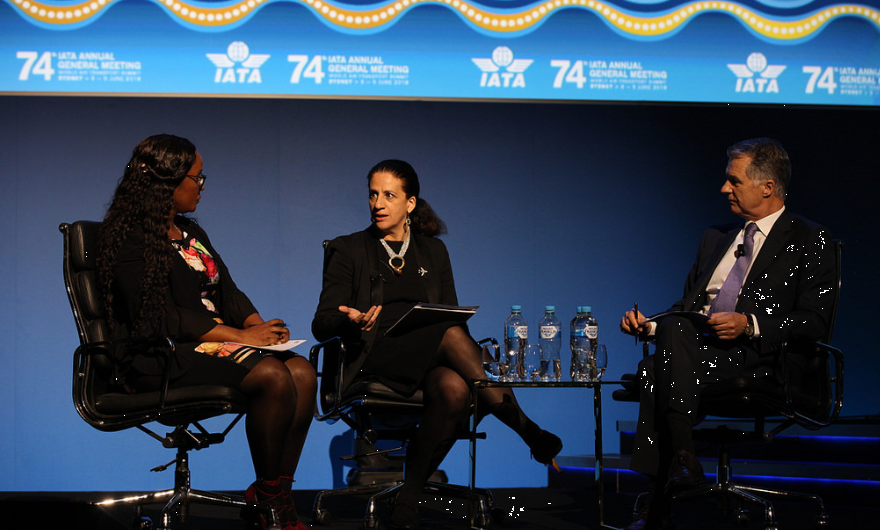
A bundle of 20-minute on-stage interviews were offered, on topics ranging from alternative fuels, gender equality in aviation, airport privatization and the benefits and risks of travel and tourism. Follow the links for more details from those sessions and videos of the interviews.
CNN’s gregarious Richard Quest was on stage with a panel of airline CEOs, including Calin Rovinsecu of Air Canada, Tim Clark of Emirates Airlines, Rupert Hogg of Cathay Pacific Airways, Pieter Elbers of KLM and Christoper Luxon of Air New Zealand.
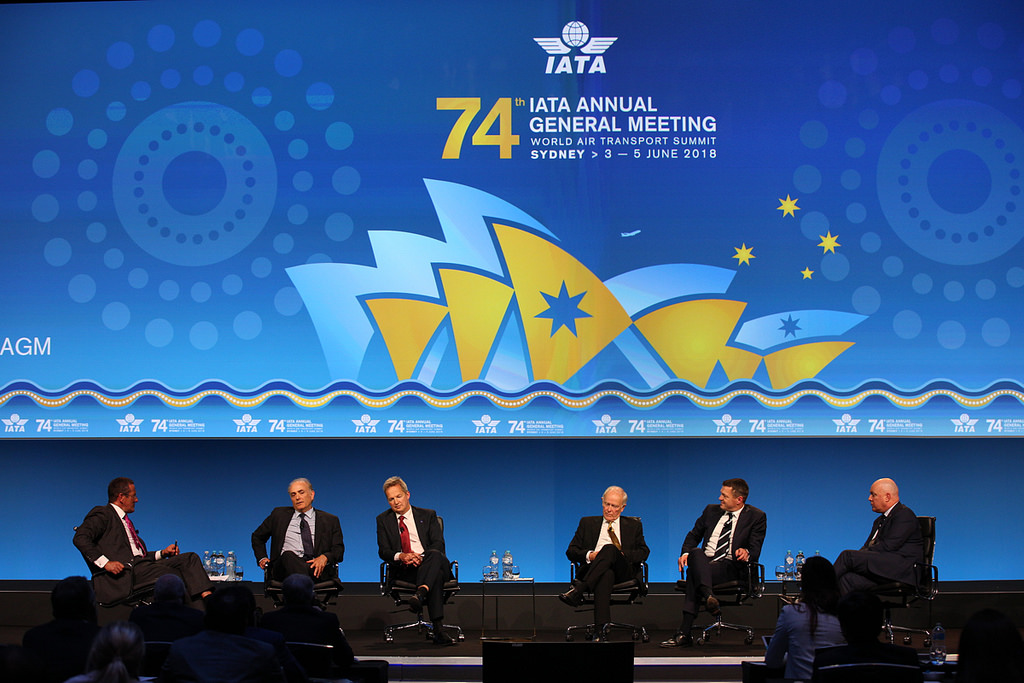
Among the notable moments was when the all-male panel was asked to address gender equality (or the lack of it) at the top echelons of aviation:
"6 men in suits discussing diversity" @richardquest puts it to #IATAAGM #airline CEOs "what's wrong with this?" @AirCanada @cathaypacific @KLM @emirates @cnni pic.twitter.com/r6Dyd5HW7o
— Christine Negroni (@cnegroni) June 4, 2018
The Qatar Airways CEO is well-known for his bravado and controversial comments, but at an event in which other CEOs expressed a committment to increasing the role of women in the upper ranks of their companies, Akbar Al Baker’s comment that of course his airline had to be run by a man, “Because it is a very challenging position” was met with disbelief.
His comment may have been a ‘joke,’ – and he did go on to mention that Qatar has women serving as pilots, as senior vice presidents and in other top-level positions – but the comment did not sit well with the group assembled (I literally jumped out of my seat!) and just underscores the fact that this sector of industry has some real homework to do.
Shocker at #iataagm – @qatarairways ceo tells press audience his #airline must be led by a man “because it is a very challenging position.” He added stats on women’s roles at #Qatar (pilots, svps) but damage done..
— Harriet Baskas (@hbaskas) June 5, 2018
